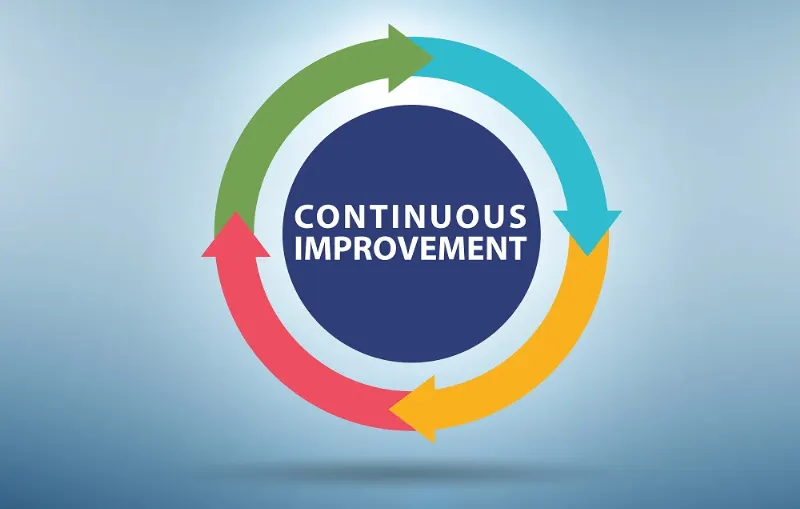As an educator with over 20 years of experience, I’ve learned that engagement and relevance are key to learning. However, traditional and fixed organizational structures of schools often hinder teachers from improving and developing their skills. UAE leaders recognize the importance of education and educators in elevating the country and its citizens.
Importance of Educators in UAE
The President of the UAE, Sheikh Mohamad Bin Zayed, has commended the valuable role of educators in delivering a noble message. Sheikh Mohammed bin Rashid, Vice President and Ruler of Dubai, has stressed that graduates are well prepared for the workplaces of the future. The Minister of Education, Ahmad Belhol Al Falasi, has highlighted the role of educators and set a clear goal in the field of education: to empower and invest in teachers who remain the “cornerstone” in education despite the advancement and leverage of educational technology.
Challenges Faced by Teachers
The traditional and fixed organizational structures of schools play a major role in hindering teachers from improving and developing their skills. Working in isolation, not celebrating or being celebrated for any professional success, lacking valuable and meaningful professional development, and other obstacles demotivate and disengage teachers from pursuing personal and professional growth in the education field.
Empowering 21st Century Teachers
In this new era, to raise a generation of entrepreneurs, innovators, inventors, critical thinkers, and problem solvers, leadership needs to be distributed among all stakeholders in the field of education. People with the problem need to be part of the solution, be it a school leader, teacher, student, and parent.
Collaboration is Key
The 21st century is the age of information and technology. Educators need to collaborate to elevate their teaching practices and skills to narrow down the gap between what students need and what educators can offer. This approach requires flexibility and adaptability from school leaders to mobilize people throughout the school to build the capacity for improvement and change.
Conclusion
To empower the 21st century teacher, educators need to put their hands together and collaborate to bridge the gap between what students need and what educators can offer. UAE leaders recognize the importance of educators and education in elevating the country and its citizens. It’s time for school leaders to acknowledge the power of collaboration and provide effective environments for educators to improve and change.
Author: Nadia Halabi
Luckily, the leaders of UAE are conscious of the role of educators and education in elevating a country and its citizens. In his inspiring audio message to the students in UAE, the president of the country Sheikh Mohamad Bin Zayed commended the valuable role of educators in delivering a noble message. Sheikh Mohammed bin Rashid, Vice President and Ruler of Dubai, has stressed that graduates are well prepared for the workplaces of the future; “We in the Emirates focus on the development of the system of education and in the coming 50 years we will focus on the quality of education. So does the Minister of Education Ahmad Belhol Al Falasi who has highlighted the role of educators, “It’s teachers, teachers, teachers”, and set a clear goal in the field of education: to empower and invest in teachers who remain the” cornerstone” in education despite the advancement and leverage of educational technology.
The question remains how do we empower the 21st century teacher? What do educators need to successfully support and accommodate to the 21st century learners? What gap do we need to bridge?
The 21st century is the age of information and technology. Educators need to put their hands together and COLLABORATE to elevate their teaching practices and skills to narrow down the gap between what students need and what educators can offer; it is true that students have a leverage over the technology factor, but they still need us, teachers, to guide and facilitate the use of infinite information into meaningful one.
This approach requires flexibility and adaptability from the school leaders to “mobilize people throughout the school to build the capacity for improvement and change”. School leaders need to acknowledge that when provided with an effective environment for collaboration, educators can influence others through attitudes or behaviors or both.
In this new era, to raise a generation of entrepreneurs, innovators, inventors, critical thinkers, and problem solvers, leadership needs to be distributed among all stakeholders in the field of education. People with the problem need to be part of the solution, be it a school leader, teacher, student, and parent.
Author: Nadia Halabi



